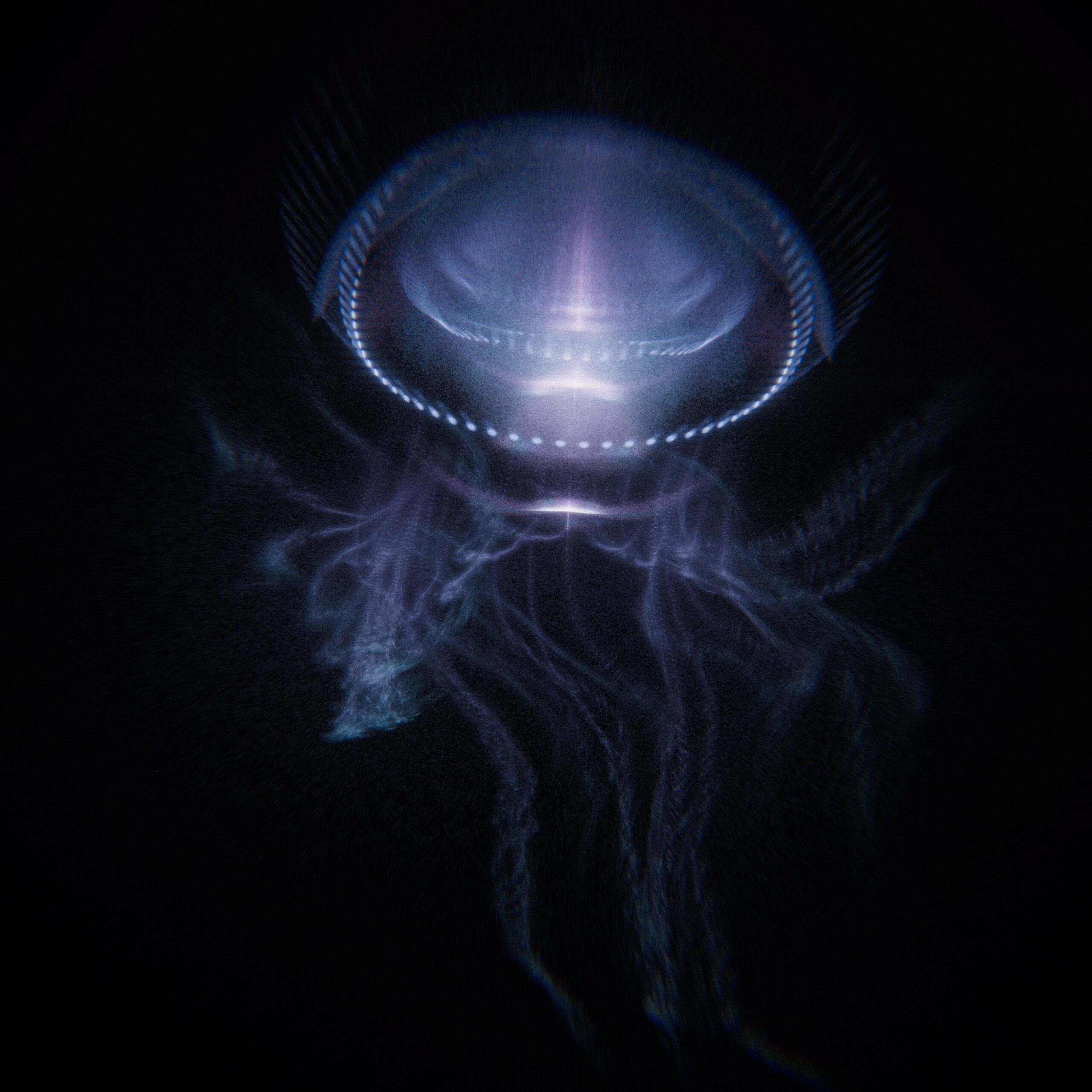Octopuses and jellyfish are two unique marine creatures with remarkable abilities. Octopuses have eight arms with suckers for gripping and manipulating objects, and they can quickly change color to blend in with their surroundings. They are skilled hunters that prey on a variety of fish, crabs, and other octopuses. Jellyfish, on the other hand, move gently by propelling themselves with their bell-shaped bodies and trailing tentacles. They are passive hunters that use their tentacles to capture plankton and small fish. Both creatures have differences in appearance, movement, prey and predators, lifespan, and reproduction that make them fascinating to study.
The Most Fascinating Marine Creatures: Octopus vs. Jellyfish
Introduction
The oceans of the world are home to a vast array of fascinating marine creatures. However, two that stand out are the octopus and the jellyfish. Both creatures are unique in their own right, possessing remarkable abilities that set them apart from others in their respective phyla. In this article, we will compare and contrast these two aquatic marvels.
Body
Appearance
One of the most easily recognized differences between an octopus and a jellyfish is their appearance. Octopuses are soft-bodied creatures with eight arms, each lined with suckers that allow them to grip and manipulate objects. Many species of octopus can also change color rapidly to blend in with their surroundings, a useful adaptation for both avoiding predators and hunting prey. On the other hand, jellyfish are typically bell-shaped with long, trailing tentacles. Their bodies are made of a gelatinous substance, which sometimes makes them difficult to spot in the water.
Movement
Another key difference between octopuses and jellyfish is their method of movement. Octopuses use their arms to crawl along the ocean floor, swim through the water column, or jet away from predators by expelling water from their mantles. Jellyfish, on the other hand, move by gently propelling themselves using their bell-shaped bodies and trailing tentacles. While their movement may seem sluggish, jellyfish are capable of impressive bursts of speed when threatened.
Prey and Predators
Octopuses are skilled hunters, feeding on a variety of prey including fish, crabs, and even other octopuses. They have been observed using their camouflage abilities, agility, and intelligence to ambush prey or escape predators. Jellyfish, on the other hand, are passive hunters. They use their tentacles to capture plankton and small fish that swim into their path. Most jellyfish do not have any natural predators, thanks to their stinging cells that can incapacitate potential attackers.
Lifespan and Reproduction
Octopuses are known for their relatively short lifespan, with most species only living for a few years. Many octopuses also mate once in their lifetime and die shortly thereafter. This is in contrast to jellyfish, which have a much longer lifespan of several months to a few years. Jellyfish also have a unique reproductive cycle, alternating between a medusa (adult) stage and a polyp (larval) stage.
Conclusion
In conclusion, while octopuses and jellyfish are both fascinating marine creatures, they have many differences that set them apart. Octopuses are intelligent, skillful, and quick to adapt to their surroundings, while jellyfish are primitive, passive hunters with remarkable stinging capabilities. These differences in appearance, movement, prey and predators, lifespan, and reproduction make both creatures unique and interesting to study. Whether you are an ocean enthusiast or simply interested in the wonders of nature, both octopuses and jellyfish are sure to capture your imagination.
